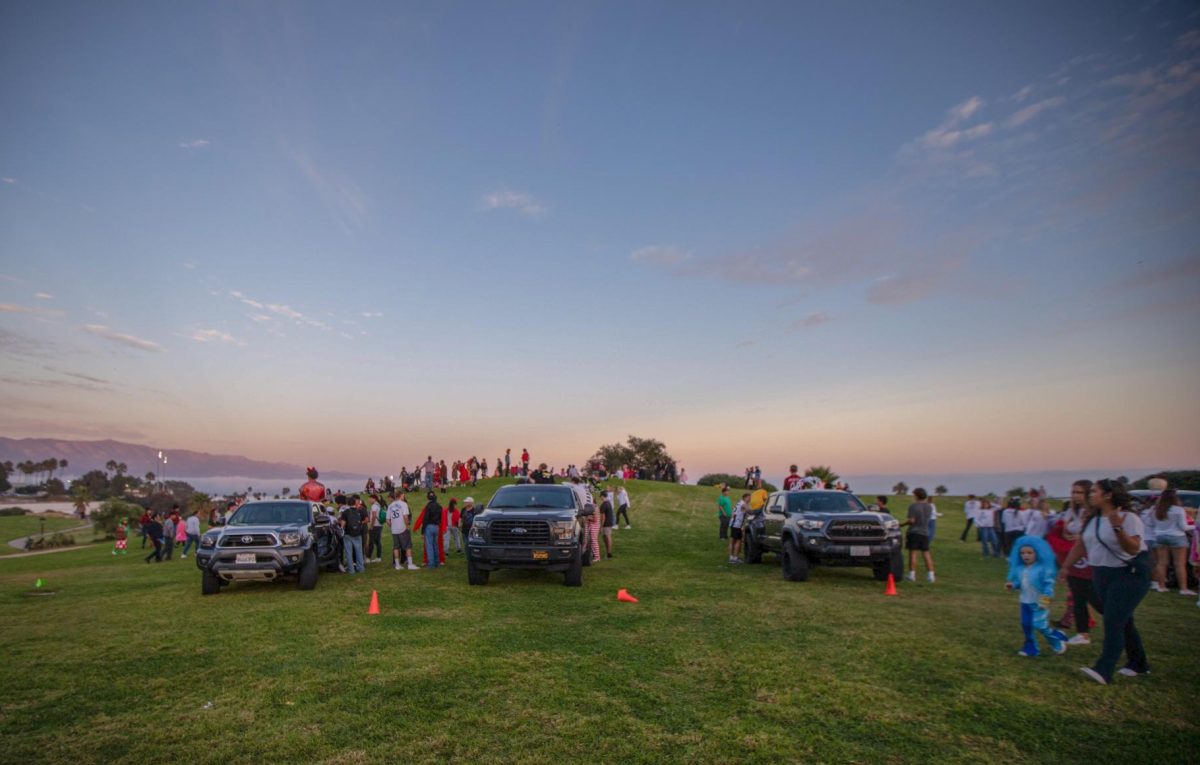In response to the low voter turnout in April’s Associated Student Senate election, student leaders held a forum Thursday to address student apathy and the declining numbers in votes.
Out of the 17,000 students currently enrolled at City College, 214 voted in the last election.
Eight people were in attendance for the meeting, each who ran for or was elected to the Student Senate.
Tension and frustration hung in the air of the nearly empty A211 lecture hall as the eight student politicians debated about why students are choosing not to “rock the vote” and how can the senate and the college can try and change that.
“We are not a dictatorship, but if the students don’t vote, the government is in the hands of the administration,” said student Ryan McNicholas, who was a candidate in April’s election and is the Republican Club president.
City College’s voting system is completely online. During the week of elections in April, students received an email via Pipeline that informed them of the availability of the polls and the procedure to vote.
“Voting online is not working,” said student advocate Simone Johnson. “The system is time consuming and it makes students want to quit.”
However, current senate president Eric Borlaug said that going the paper route and setting up polls on campus might get 60 to 70 more votes but is costly and time consuming.
Student Trustee Jessica Schley commented that that voter apathy is a national concern, not just a campus one.
“More people voted for the American Idol than in the last presidential election,” Schley said.
Shawn Tallant, co-chair of the Student Labor Action Project and who also ran for Student Senate president in this year’s election, feels that there is a direct correlation between the low voter turnout and restrictions placed on candidates.
In addition to a limited campaign budget of only $100, candidates are only allowed to display signs in certain places on campus, most of which are out of sight, Tallant said.
“If the goal is to increase voter turnout, students, staff and faculty will need to accept that there will be signs, flyers and banners blocking their view of the ocean,” Tallant said.
“And they will need to learn to tolerate the sound of bull horns and rallies for one week.”
No resolution or decision was reached during the meeting.







